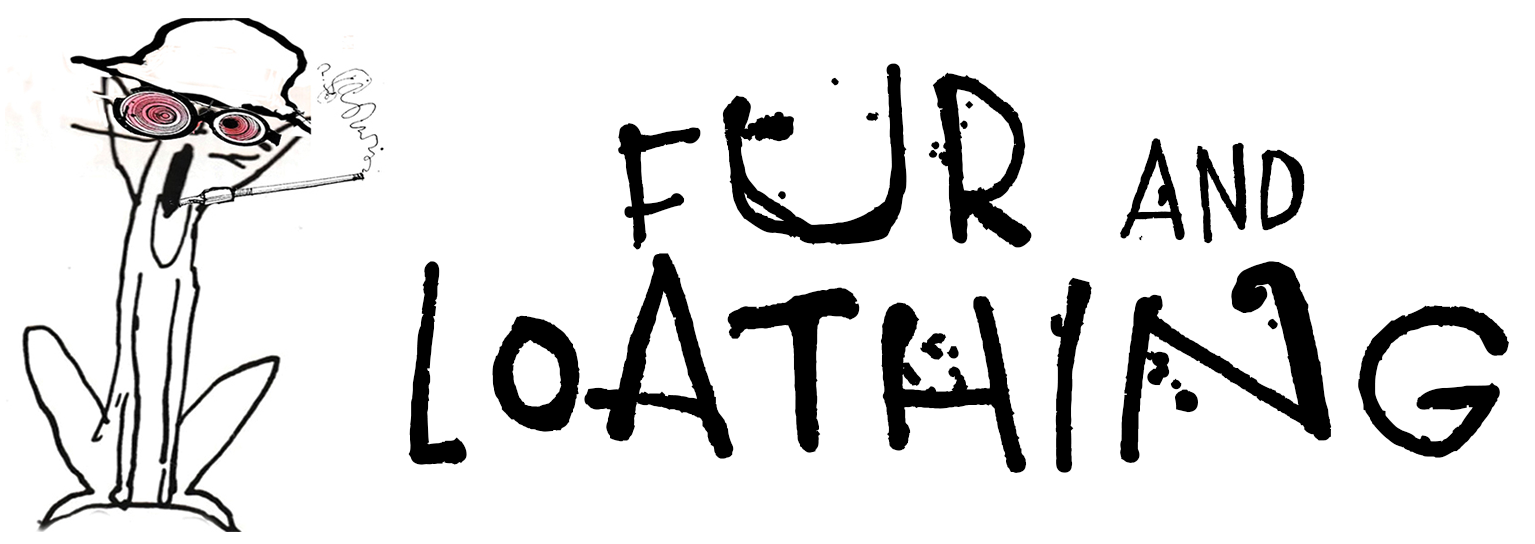Angels of Death in Mascara
They were not the monsters we’re warned about. Not the men in ski masks or the strangers in vans. Diane Downs and Lori Daybell wore their danger like perfume — disarming, floral, and easily dismissed.
Diane wore lipstick to her trial. Coral pink, chipped slightly at the corners of her mouth from too many nervous licks. She favored low-cut blouses, leaned in close
when she talked, and flirted with anyone who wasn’t a prosecutor. Her hair was feathered just right, her eyeliner sharp as her story was vague.
Lori, decades later, would sit in court as if she were attending a church picnic. Her hair — blonded and curled —bounced slightly when she laughed at something only she found funny. Her skin was smooth, her expression unreadable. There was something chilling in her serenity. Even as the words “remains of her children” echoed through the courtroom, she barely blinked.
These were not hysterical women. They didn’t scream or sob. They weren’t dragged into court or sedated in jail. They were poised, pleasant, and perfectly willing to play their part — so long as they got to pick the script.
In the early days of Diane’s trial, people were confused.
How could a woman who brought her children to the hospital be guilty of hurting them? How could she smile like that if she’d just watched one child die and hoped the other two would die enroute to the emergency room while she drove so slowly that the speedometer barely registered? The defense played up her maternal instincts.
The prosecution noticed she cried only when the jury entered the room.
And Lori – she had the chilling audacity to call her missing children “happy”. To smile serenely when asked where they were. To marry Chad Daybell, whose backyard would soon be known as the children’s shallow graves. She didn’t run from the cameras. She preened for them.
They shared something darker than delusion. They shared performance. They didn’t just lie — they acted. And their favorite roles were “misunderstood mother” and “righteous woman wronged.”
It’s easy to forget how persuasive they were. Diane charmed men even from behind bars. Lori convinced friends and family that God spoke through her — and then used that supposed divine hotline to justify the unspeakable. Their femininity shielded them, for a time, from scrutiny. Society wanted to believe them. Wanted to believe mothers don’t kill.
But mascara can’t cover malice.
There’s something uniquely disturbing about a woman who kills her children. Something that shatters our collective story about love, protection, and sacrifice. These were not crimes of passion. These were cold decisions. Planned.
Justified. Rehearsed.
Diane shot her children one by one, paused between rounds to reload. Lori smiled as the search dragged on, withholding answers while the bodies decomposed in silence. One claimed a stranger did it. The other claimed it was God’s will.
They weren’t mothers in mourning. They were angels of death — wearing mascara and a practiced grin.
And, in the end, it was their smiles that betrayed them. Too wide. Too soon. Too bright for the darkness behind their eyes.
